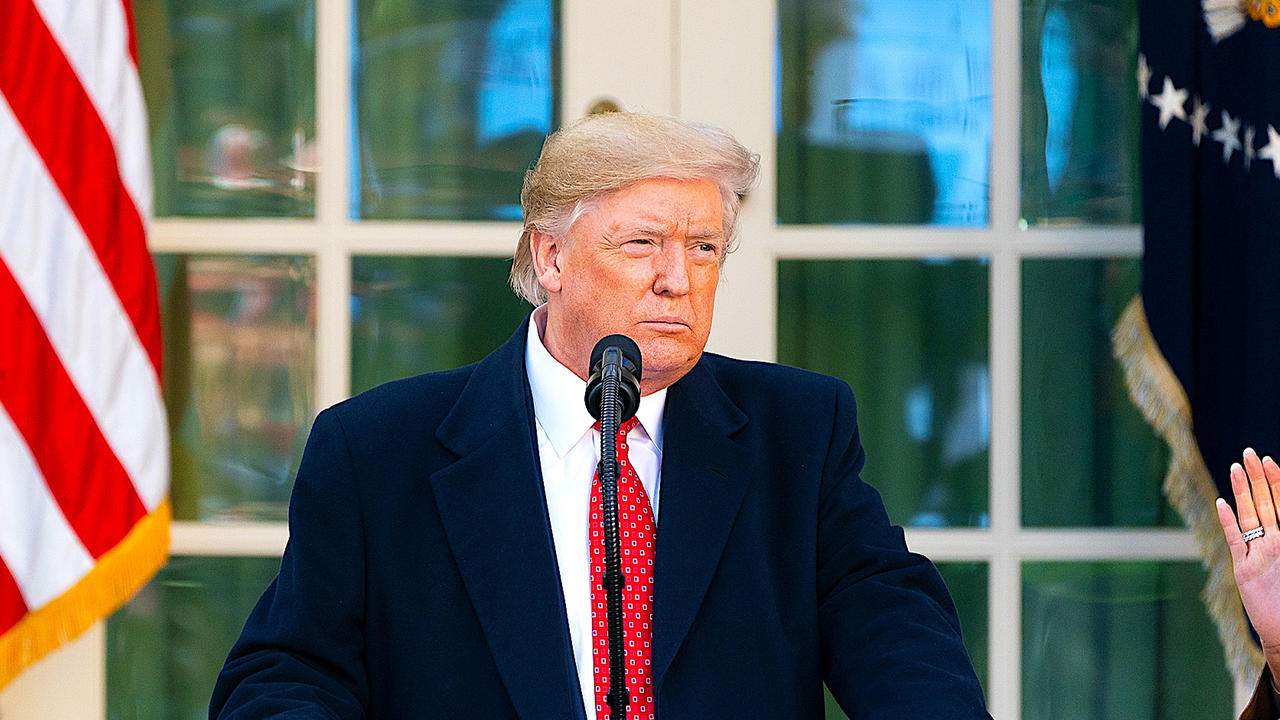Judge Cannon’s Rulings

Judge Aileen Cannon’s rulings in the Trump classified documents case have been significant and have had a major impact on the investigation.
Timeline of Judge Cannon’s Key Rulings
* August 22, 2022: Judge Cannon granted Trump’s request for a special master to review the documents seized from Mar-a-Lago.
* September 15, 2022: Judge Cannon appointed Judge Raymond Dearie as the special master.
* October 4, 2022: Judge Cannon denied the Justice Department’s request to stay her order appointing a special master.
* November 10, 2022: Judge Cannon granted Trump’s request to prohibit the Justice Department from using the seized documents in its criminal investigation until the special master’s review is complete.
Potential Impact of Judge Cannon’s Rulings
Judge Cannon’s rulings have had a significant impact on the investigation into Trump’s handling of classified documents. The appointment of a special master has slowed down the investigation and has given Trump more time to assert executive privilege over the documents. The Justice Department has appealed Judge Cannon’s rulings, and it is unclear how the case will ultimately be resolved.
Legal Analysis of Judge Cannon’s Decisions

Judge Cannon’s rulings in the case involving classified documents seized from former President Trump’s Mar-a-Lago residence have sparked legal debate and raised questions about the potential implications for future cases involving classified information.
Legal Basis for Judge Cannon’s Rulings
Judge Cannon’s rulings have been based on several legal principles, including the Fourth Amendment’s protection against unreasonable searches and seizures, the Presidential Records Act, and the doctrine of equitable mootness. She has argued that the government’s seizure of the documents was overly broad and that the appointment of a special master to review the documents was necessary to protect Trump’s due process rights.
Potential Legal Challenges, Judge cannon
Judge Cannon’s decisions are likely to face legal challenges. The government has already appealed her ruling to the 11th Circuit Court of Appeals, arguing that she erred in her interpretation of the law and that her rulings will have a negative impact on national security. Legal experts have also raised concerns about the potential for the rulings to set a precedent for future cases involving classified documents.
Implications for Future Cases
Judge Cannon’s rulings could have significant implications for future cases involving classified documents. If her rulings are upheld, it could make it more difficult for the government to investigate and prosecute individuals who mishandle classified information. It could also lead to increased litigation in cases involving the seizure of classified documents.
Public Perception of Judge Cannon

Judge Cannon’s rulings have elicited a range of reactions from the public. Some have praised her for her independence and willingness to challenge the government, while others have criticized her for overstepping her authority and potentially harming national security. The public’s perception of Judge Cannon is likely to have a significant impact on the case, as it could influence the decisions made by other judges and the outcome of the case itself.
Media Coverage
The media has played a significant role in shaping public perception of Judge Cannon. The media has often portrayed Judge Cannon as a maverick who is willing to take on the government, even when it is unpopular. This portrayal has helped to create a positive image of Judge Cannon among many members of the public. However, the media has also been critical of Judge Cannon, accusing her of being biased against the government and of making decisions that are not based on the law. This criticism has helped to create a more negative image of Judge Cannon among some members of the public.
Judge Cannon’s ruling on the Twitter-Elon Musk case has sent shockwaves through the tech world. The judge’s decision to put the trial on hold has given Musk more time to secure financing for his Elon Musk acquisition of Twitter. However, the judge’s ruling has also raised questions about the potential impact on Twitter’s future and the broader tech industry.
Judge Cannon, in her recent ruling, has sparked controversy regarding the separation of church and state. Her decision raises questions about the role of religion in public life, a topic that has been the subject of much debate in recent years.
For instance, Glenn Youngkin’s religious beliefs have been a topic of discussion, as he is a devout Catholic who has spoken openly about his faith. Judge Cannon’s ruling may have implications for the future of religious freedom in the United States.